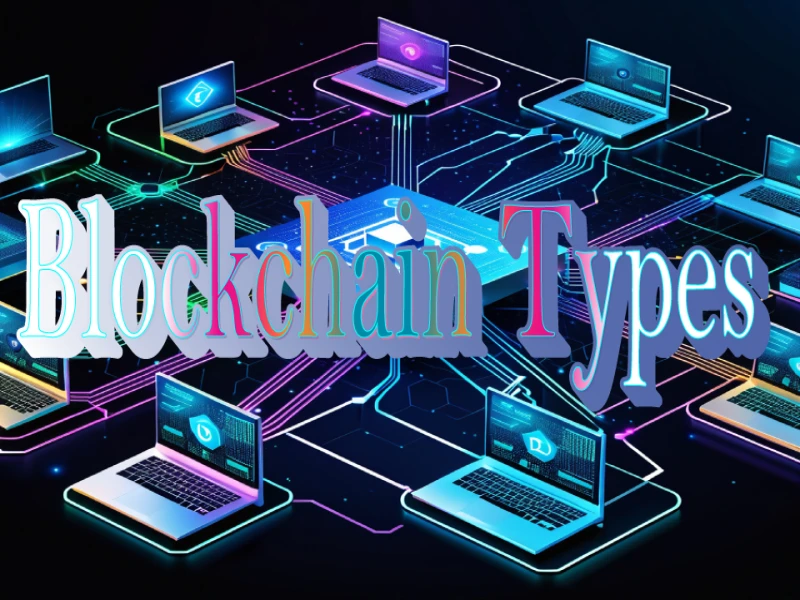
what is blockchain ?
Demystifying Blockchain: A Secure, Transparent Ledger for the Digital Age
Imagine a world where trust is built into the system, where transactions are transparent and secure, and where information can't be tampered with. This is the promise of blockchain technology, a revolutionary concept that is transforming various industries. But what exactly is blockchain, and how does it work?
Understanding the Basics:
At its core, blockchain is a distributed ledger technology. Think of it as a giant, shared spreadsheet that's not stored on a single computer but replicated across a network of computers. This network, also known as the peer-to-peer (P2P) network, ensures that everyone has a copy of the ledger, making it incredibly secure and transparent.
How it Works:
Here's a simplified breakdown of how a blockchain operates:
- Transactions occur: Imagine two parties agree on a transaction, like Sarah buying a book from David on an online marketplace.
- The transaction is bundled: This information is grouped with other recent transactions into a "block."
- The block is verified: Each computer in the network, called a node, validates the transaction's legitimacy using cryptography (think complex codes).
- The block is added to the chain: Once a majority of nodes agree on the transaction's validity, the block is added to the existing chain of blocks, chronologically.
Key Features of Blockchain:
- Security: Cryptography and the distributed nature of the ledger make it nearly impossible to alter or tamper with information once it's added to the blockchain.
- Transparency: All participants in the network can view the entire transaction history, fostering trust and accountability.
- Immutability: Once a block is added to the chain, it cannot be deleted or changed, ensuring a permanent and verifiable record.
Examples in Action:
While often associated with cryptocurrencies like Bitcoin, blockchain has the potential to disrupt various industries:
- Supply Chain Management: Track the movement of goods from origin to destination, ensuring authenticity and preventing fraud.
- Voting Systems: Enhance the security and transparency of elections by creating a tamper-proof record of votes.
- Healthcare: Securely store and share medical records, improving patient data management and privacy.
The Future of Blockchain:
Blockchain technology is still evolving, but its potential is vast. As it continues to develop, we can expect to see even more innovative applications emerge, transforming how we interact, transact, and share information in the digital age.
Remember: This is just a glimpse into the world of blockchain. As with any new technology, there are challenges and complexities to consider. However, the potential benefits of a secure, transparent, and efficient system make blockchain a technology worth watching.


